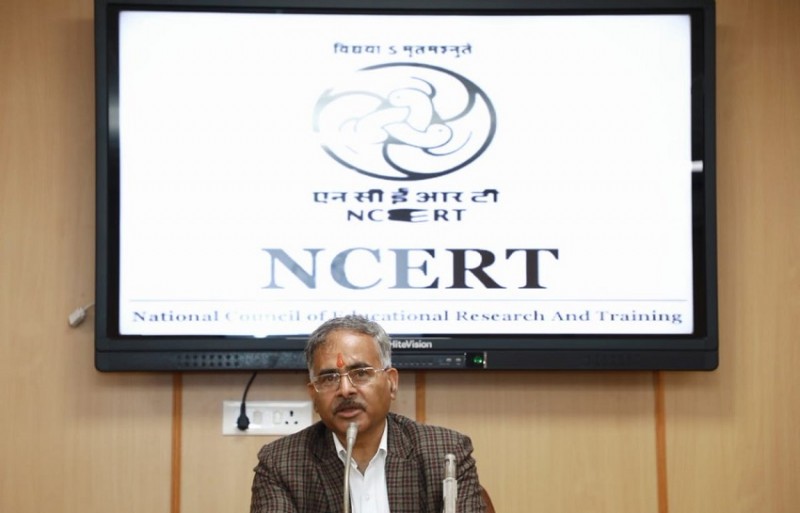
New Delhi: The Director of NCERT, D P Saklani, has expressed concern over parents' fascination with English-medium schools, despite many lacking trained teachers, calling it "no less than suicide" as government schools now offer quality education. During an interaction with PTI editors at the agency's headquarters, the National Council for Educational Research and Training (NCERT) chief highlighted that cramming content in English has led to knowledge loss among children and distanced them from their roots and culture.
"Parents are obsessed with English-medium schools, preferring to send their children there even when there are no teachers or they lack sufficient training. This approach is no less than suicide, and that is why the new national education policy emphasizes teaching in the mother tongue," Saklani stated.
"Why should teaching be based on the mother tongue? If we don't understand our own mother and our roots, how will we understand anything else? The multilingual approach does not mean an end to teaching in any language; it promotes learning in multiple languages," Saklani added.
The NCERT chief cited an initiative by the Union education minister to develop primers in two tribal languages of Odisha, using pictures, stories, and songs based on local nature and culture to enhance students' speaking skills, learning outcomes, and cognitive development.
"We are currently developing primers in 121 languages, which will be ready this year, to help school-going children connect with their roots," he noted.
"We have been cramming content in English, leading to knowledge loss. Language should enable, not disable. Through multilingual education, we are trying to empower ourselves," Saklani emphasized.
The new National Education Policy (NEP) of 2020 recommends that, where possible, the medium of instruction up to Grade 5 should be the home language, mother tongue, local language, or regional language. The policy further suggests that teaching in the mother tongue should continue preferably until Grade 8 and beyond, with the home or local language continued as a subject.
Last year, Prime Minister Narendra Modi described the use of the mother tongue in education as initiating a "new form of justice" for students in India, calling it a significant step towards social justice.
However, the move has faced criticism from various stakeholders and opposition parties. The education ministry maintains that no language is being imposed on anyone.
According to the new National Curriculum Framework (NCF), students in classes 9 and 10 will now have to study three languages, including two Indian native languages, while students in classes 11 and 12 will study one Indian and one other language.
Teach your children these quotes of Chanakya, believe me your whole life will change
NEET-UG Controversy: Minister Pradhan Assures No Risk to Students' Careers Amid CBI Probe Demands
Supreme Court Issues Notice to NTA Over NEET UG 2024 Result Controversy